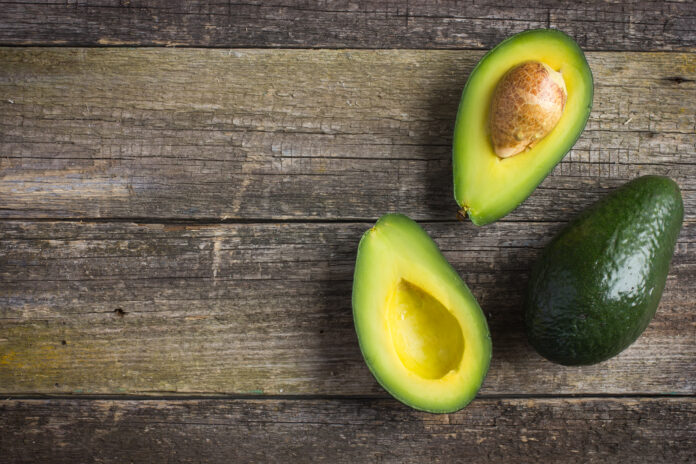Every morning I am faced with a reminder of how clueless I was to judge a fruit by its color.
As a bachur in Yeshivas Kol Torah in Bayit Vegan back in the 1970s, I shunned the daily breakfast offering of, amid leben, vegetables and fruits, one species of the latter whose color and texture I found off-putting. That the others at my chadar ochel table seemed to enjoy the strange offering made no difference to me. I had been raised on apples and oranges and pears, not tropical fruits like avocados.
It’s hard for anyone who knows me to believe, but I was very thin those days. And would have been better nourished—not to mention gustatorily satisfied—had I joined my friends in indulging in the oily greenish fruit. Having subsequently become more brave and finally sampled it, I immensely enjoy avocados most every morning.
My taste buds didn’t change. I was just stubbornly “conservative” about food, declining anything that wasn’t part of my youth as the son of Poilishe parents. But I so regret those missed opportunities, all those delicious avocados I turned my nose up at in my yeshivah days.
A rather more serious regret I have has to do with the only grandparent I knew, my maternal grandmother. Her father, Dovid Mordechai Yudovsky, served as rav of the Polish/Belarussian town of Drohitchen; he has been described as a talmid chacham atzum. And her husband, Noach Kahn, who assumed his father-in-law’s position, and was also a celebrated talmid chacham, interceded with German authorities during World War I to win the release of Jews jailed for evading forced labor.
Later, my grandparents and their three children immigrated to Baltimore, where my grandfather served as the respected rav of a shul for several years until his untimely petirah.
My deep regret here is that I only learned about my grandmother’s early life after she was no longer here. I never took the time to interview her. What a missed opportunity to receive a first-person account of my maternal antecedents.
Another major regret has to do with the earlier mentioned yeshivah in Yerushalayim. Kol Torah’s rosh yeshivah was, of course, Rav Shlomo Zalman Auerbach, zt”l. I attended the shiur klali he delivered on occasion, and he tested our class (though I shrank in my seat at each question of the group), but I kick myself for not having made any effort to speak with him about challenges I was facing at the time, much less to form a relationship with him. Ditto with regard to Rav Yechezkel Abramsky, zt”l, who lived down the street and with whose grandson, another Kol Torah talmid, I was friends.
I was either too dull or too shy to take full advantage of where I was and who was available to me. Either way, I regret my inaction.
Also yielding its share of regrets was my nearly two-decades rebbi-ship of high school boys in two mesivtos. I may have been overly strict or unwilling to empathize with a talmid. Though several of my charges to this day, decades later, seem to have pleasant memories of being in my shiur, I wonder how many of the scores of others who aren’t in touch with me may have…less generous memories.
People tend to think that important sh’eilos arise only in fields like medicine or law. But if they think that mechanchim don’t face serious quandaries in dealing with students, they are mistaken. No less than with a surgeon, sometimes life and death, in a ruchniyus sense, are in a mechanech’s hands.
So some words of advice:
Talk to your antecedents about their early lives. If you wait too long you’ll kick yourself.
Take opportunities to interact with gedolim. Not to pester or pose for photos with them. But to receive their insights and counsel.
And if you are entrusted with younger people to teach or guide, whether as a rebbi, morah or parent, think twice and then thrice before discounting their point of view. Meet them “where they are” and endeavor to empathize with them.
Oh, and don’t be afraid of unfamiliar foods.
You won’t regret it.
To read more, subscribe to Ami





















